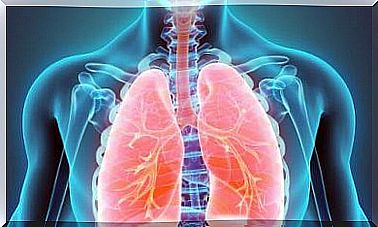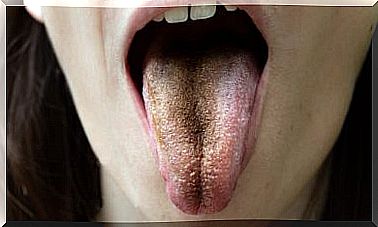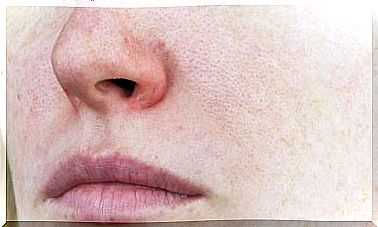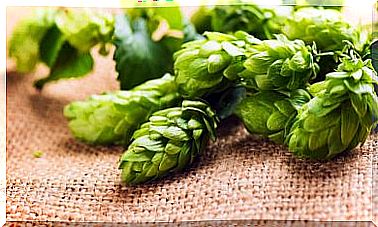The Risks Of Eating A High Protein Diet
Today there are many trends when it comes to food. However, not all of them are good for your health. In fact, many carry various risks. This is the case with the high-protein diet or the protein diet, an eating model based mainly on the consumption of foods rich in protein, such as meat.
Just as there are those who advocate in favor of the consumption of vegetables, fruits, whole grains, etc., there are those who decide to bet on the consumption of foods high in protein, above the rest. The problem is that this can prevent you from having a balanced diet, in which all the nutrients that the body needs to perform its functions correctly and, of course, be healthy are obtained.
The high protein diet and its possible risks
We tend to believe that eating a high protein diet is healthy and beneficial for our health. However, the reality is different. Eating high protein foods can affect you in a number of ways.
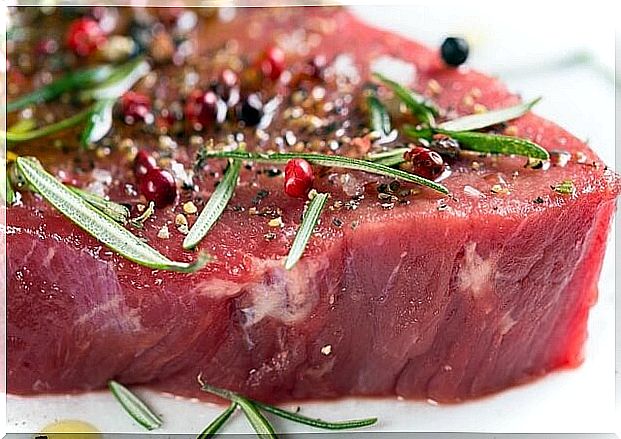
Currently there is controversy about the increase in protein consumption in the daily diet, and even more so if this increase is closely related to the decrease in other essential nutrients for the functioning of the body, such as carbohydrates and dietary fiber.
To be able to eat a high protein or hyperprotein diet, it is necessary to take into account some basic aspects:
- Know the foods that provide protein: first there are foods of animal origin (such as meat, fish, chicken, cheese and dairy), second are legumes and nuts. On the other hand, you should know that there are some vegetables with protein content.
- Determine the need: a high protein diet is one in which the established recommendations for daily protein requirements are exceeded. It is currently accepted that the consumption of 1.2 g / kg / day of protein is sufficient to cover the nutritional requirements of the normal adult.
- In the balance is the key: do not limit your proteins to only animal origin. Eat plant-based protein foods and combine them with carbohydrates for good protein and fiber.
Negative effects of a high protein diet
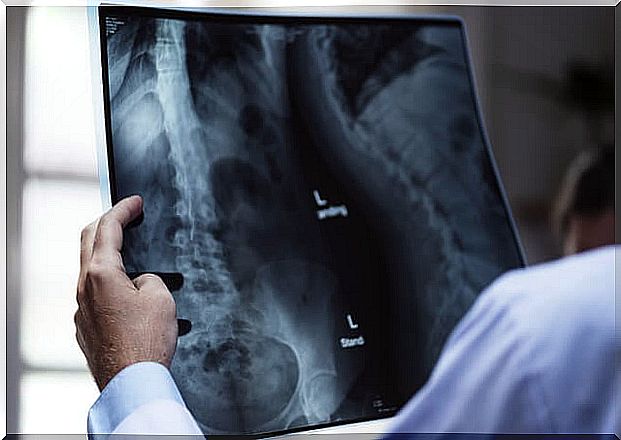
A high protein intake could lead to a number of negative health effects (which we will see below). Therefore, it is important to consider the risks of eating a high-protein diet before adopting it. On the other hand, it is always advisable to consult this with the doctor and resolve with the professional all the concerns that may arise.
It should be noted that the latest research has not found a direct relationship between increased protein consumption and organic damage. The damages of this type of diet come when other nutrients are reduced below what is indicated, not for the simple fact of increasing the protein intake.
More work for the kidneys
One of the risks of eating a high-protein diet is that kidney health could be impaired, although the latest studies have not strong evidence on this. Specifically, the consumption of this type of food makes the kidneys have to work twice as hard to fulfill their functions.
In other words, when we consume an excessive amount of protein we are giving more work to the kidneys (those responsible for eliminating waste from protein consumption) and if this is maintained in the long term it could be a risk factor for people with susceptibility to suffering from various kidney diseases.
Increased risk of having a nutritional imbalance
If you decide to do this type of diet, you must be aware that the nutritional balance of the diet is essential. If you only consume proteins of animal origin without including foods rich in fiber and you considerably reduce the contribution of carbohydrates, you can fall into a state of ketogenesis.
This does not have to be negative, although what you should never do is reduce excess fiber. According to research published in the Central European Journal of Public Health , the consumption of this substance is essential to guarantee adequate intestinal health.
Considerations before starting a high protein diet
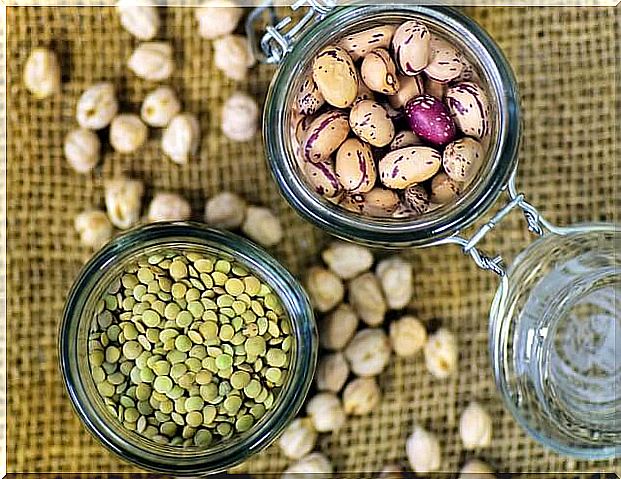
- Make sure your general health is good.
- Choose semi-skimmed or skimmed cheeses and dairy products preferably.
- Avoid the consumption of processed proteins (sausages, canned, among others).
- Maintain good hydration (make sure you consume enough water throughout the day).
- Consume proteins of both animal and vegetable origin (legumes, vegetables and nuts).
Before starting a high protein diet, consult your doctor and be sure to follow their instructions. On the other hand, avoid skipping the points that we discussed earlier, so as not to put your health at risk. Keep in mind that, as attractive as these diets may seem from an advertising point of view, in reality, they do not carry as many benefits as they pretend to be.


